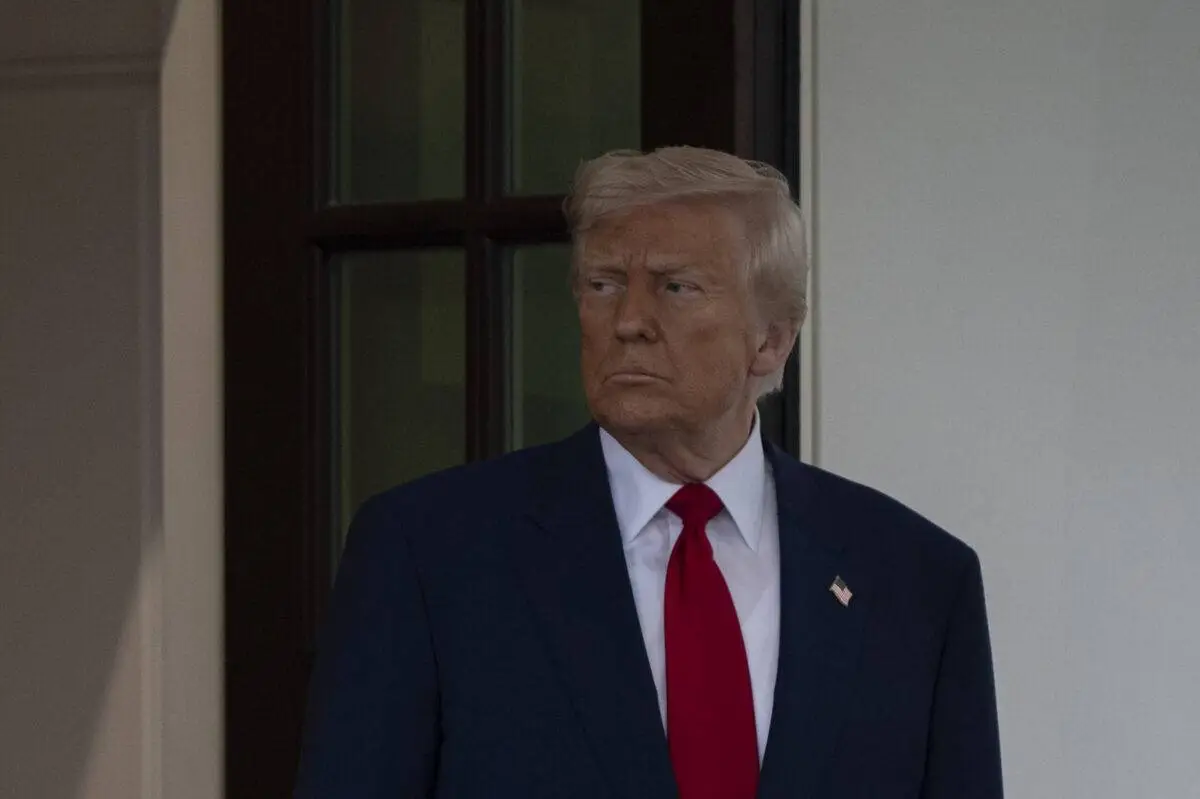In recent statements, former President Donald Trump has claimed considerable progress in nuclear talks with Iran, asserting that his administration was on the verge of a historic deal aimed at curtailing the nation’s nuclear ambitions. He emphasized that his approach, marked by direct negotiations, was unique compared to previous administrations, which he criticized for their reliance on indirect methods.
Trump’s assertions have reignited interest in the complicated history of U.S.-Iran relations, particularly in the context of nuclear discussions that have lasted for over a decade.
However, Iran has consistently maintained its preference for indirect negotiations, a stance that markedly contrasts with Trump’s claims. Officials from Tehran have stated that they view discussions with the United States through intermediaries, particularly the European Union and other regional powers, as more effective.
Iranian Foreign Minister Hossein Amir-Abdollahian reiterated this position, saying, “We believe that indirect talks have yielded results,” suggesting that the challenges of direct dialogue could be circumvented through a multilateral framework. This divergence in negotiation style raises questions about the potential for meaningful progress in nuclear talks.
The former president’s comments were made during a series of interviews where he expressed confidence in the diplomatic efforts made during his administration. He stated, “We were so close to a deal that would have changed everything,” referring to the Joint Extensive Plan of Action (JCPOA) that was originally established under President Obama but later abandoned by his own administration.
In Trump’s view, a new agreement could not only limit Iran’s nuclear activities but also foster greater stability in the Middle East.
Despite these optimistic assertions, experts remain skeptical about the feasibility of a new agreement, given the ongoing tensions between the two nations. Political analysts have pointed out that Iran’s insistence on indirect talks reflects a strategic decision to maintain a degree of autonomy in negotiations.
The complexities of the geopolitical landscape, including ongoing sanctions and regional rivalries, further complicate the possibility of reaching a consensus.














